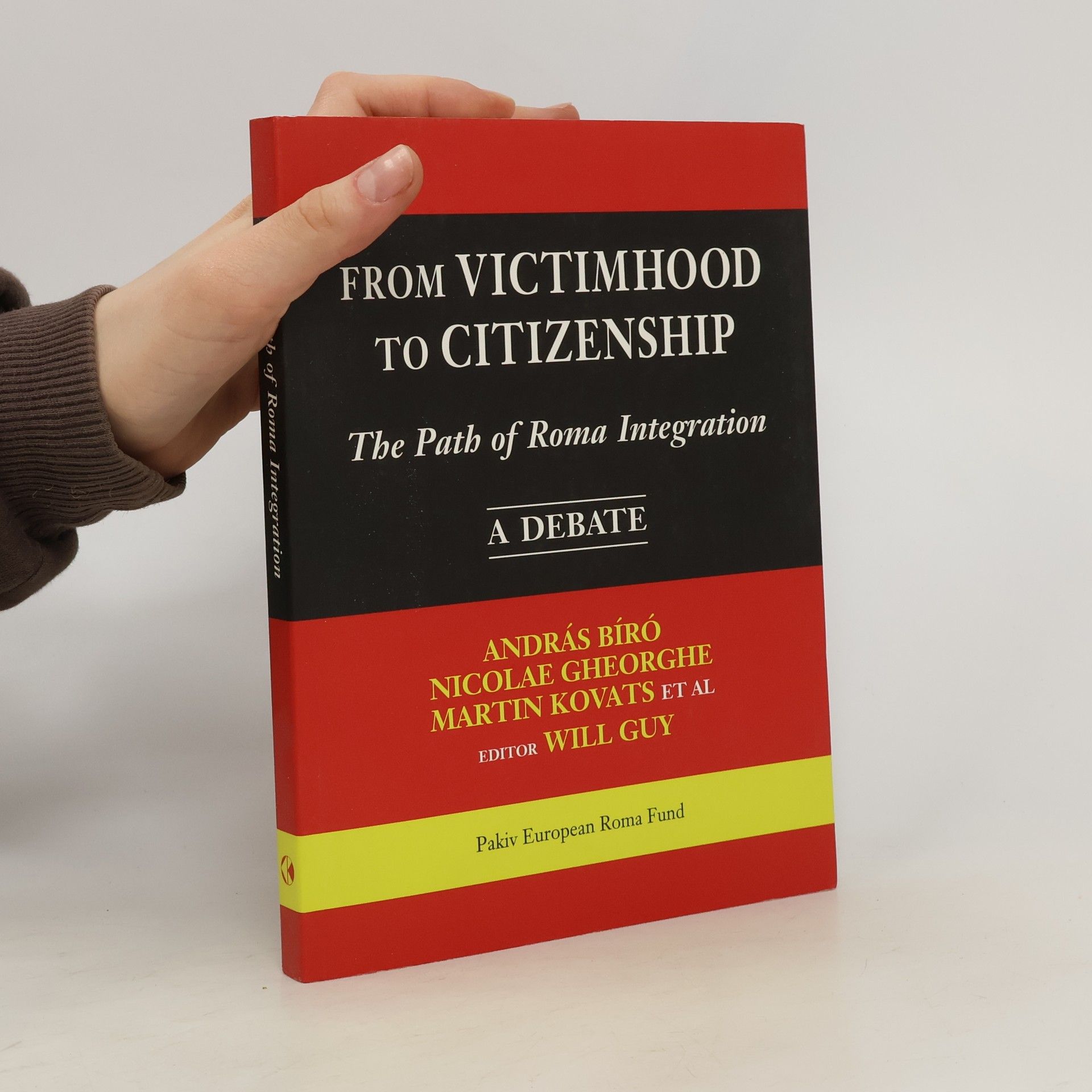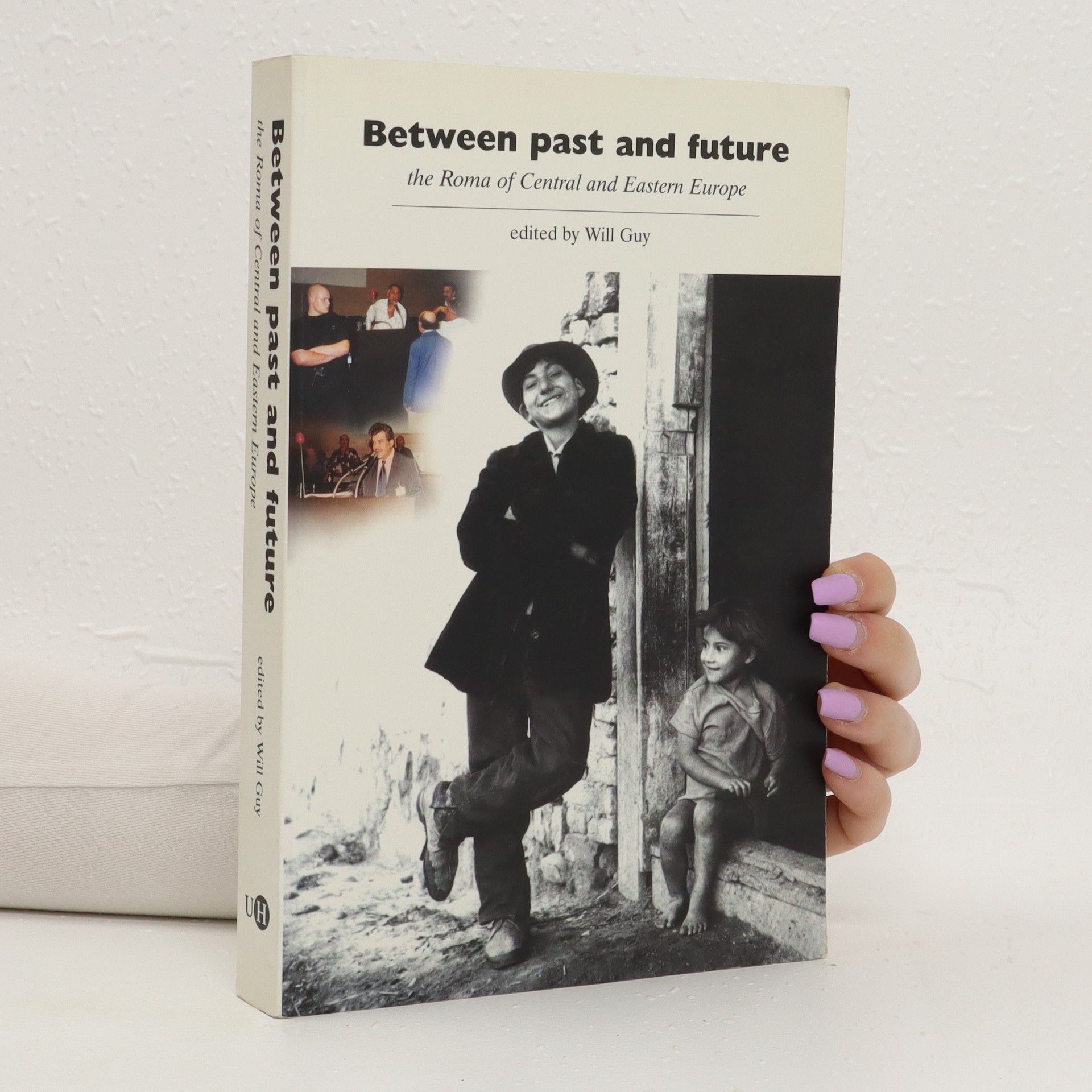Gypsies
- 109pages
- 4 heures de lecture
."..109 photographs taken between 1962 and 1971 in what was, at the time, Czechoslovakia (Bohemia, Moravia, and Slovakia), Romania, Hungary, France, and Spain"--Front jacket flap.



."..109 photographs taken between 1962 and 1971 in what was, at the time, Czechoslovakia (Bohemia, Moravia, and Slovakia), Romania, Hungary, France, and Spain"--Front jacket flap.
The Roma (or gypsies) of Central and Eastern Europe have recently emerged from virtual obscurity into the glare of the international media as large numbers sought asylum in the West. This important new study by leading researchers examines the contemporary predicament of Roma in the countries of the former Communist bloc, where the vast majority still live, and includes the first detailed assessment of the significance of the Fifth World Romani Contress in Prague at which delegates voted for the establishment of a Romani nation, a nation without a country.
The disappointing results of over two decades of activism in the supposedly more liberal climate of post- Communist democracies prompted three renowned experts to exchange their views, sometimes contradicting one another, about the situation of Roma in Eastern Europe.